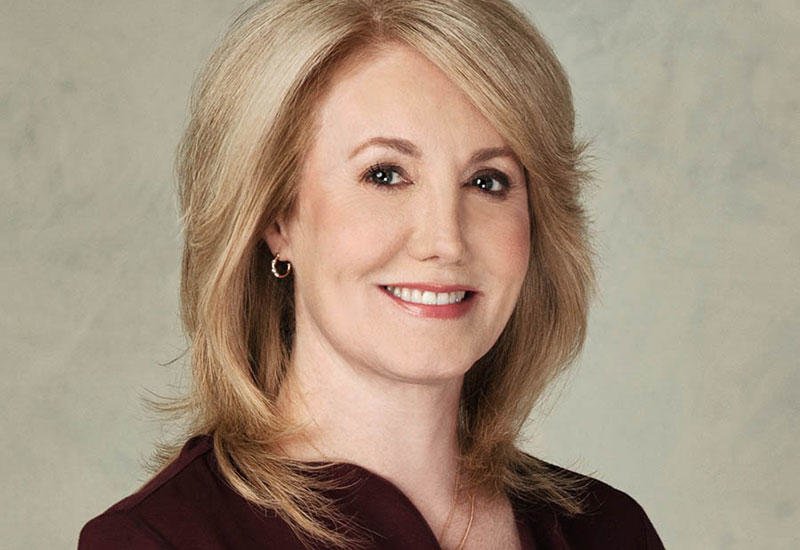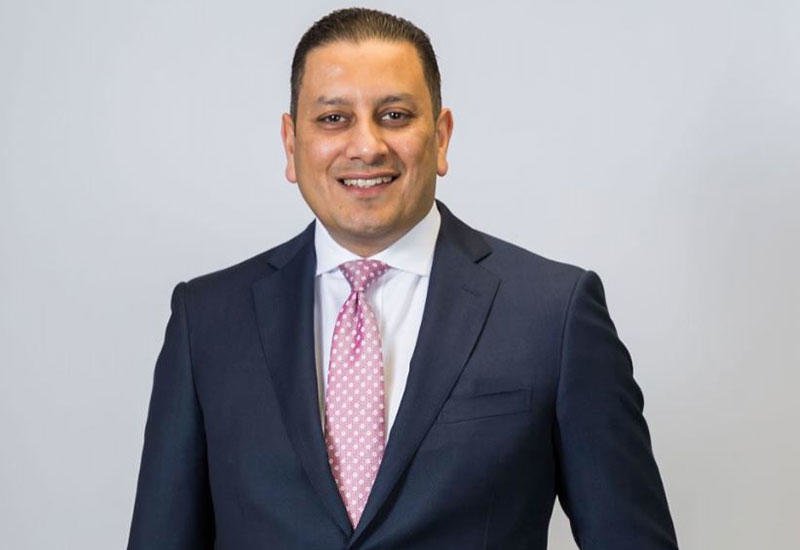
Five keys to AI success for the UAE's healthcare industry
Artificial intelligence (AI) is being increasingly deployed in global healthcare, driven by a rise in big data, increasing interest in genetics, the emergence of personalised medicine and real-time health monitoring systems. From automating daily administrative tasks to predicting patient disease patterns, AI is shaping the future of the healthcare industry.
The current COVID-19 pandemic has catalysed numerous AI-enabled healthcare development activities. For instance, after scientists decoded the genetic sequence of SARS-CoV-2 - the virus causing COVID-19, firms began using AI-enabled methods to rapidly develop potential vaccines, some of which are already proceeding to clinical trials. By comparison, traditional non-AI drug development takes many months, even years, to proceed to human clinical trials.
AI is no stranger for UAE health organisaations as shown in their strategic actions. The UAE’s Ministry of Health and Prevention (MoHAP) and the Dubai Health Authority (DHA) aim to incorporate AI into medical services and revolutionise how healthcare is delivered. The DHA deployed the implementation of virtual health through an app using AI in partnership with Babylon, to provide remote consultations round-the-clock. These AI pods can be used for free across Dubai and can quickly perform health scans and generate immediate results. Similarly, Abu Dhabi’s Department of Health (DoH) launched an AI laboratory to develop innovative healthcare solutions.
Similar trends are also seen in other parts of the GCC. For instance, Saudi Arabia recently approved an AI strategy which is expected to contribute US$133 billion to Saudi’s GDP by 2030. In Oman, the Ministry of Health and Information Technology Authority announced the launch of a new system of early diagnosis of breast cancer in 5 hospitals around the Sultanate. Additionally, Bahrain’s Ministry of Health recently deployed robots across select isolation and treatment facilities to minimise the exposure of healthcare workers to potential COVID-19 infection.
Building on these regional trends, UAE’s health players have an opportunity to achieve greater AI maturity as an enabler to predict and diagnose diseases early, inform clinical decision-making for more effective treatments and therapies, and complement clinical skills and knowledge of the local workforce. Yet, achieving favourable returns on investment from AI initiatives requires careful planning and an experimental mindset that focuses on value extraction along the adoption journey.
Five Keys to AI Success for the UAE’s health industry
Booz Allen experts have developed five key recommendations for the UAE’s health industry to leverage the full potential of AI.
Strategise and build focus
The UAE’s health industry need to carefully define the purpose and focus of initial AI efforts and clearly outline business challenges warranting AI adoption. AI can deliver significant value in areas such as predictive analytics to improve clinical resource management and access to care, AI-assisted diagnoses to improve quality of care, and task automation to improve efficiency and costs. Health players can prioritize use cases by assessing ease of implementation and potential impact on the organisation and the wider healthcare system.
Experiment, iterate, then scale
GCC health organisations need to adopt a radically different approach to digital transformations, one that fosters acceptance of uncertainty/failure and continuous value improvement through rapid experimentation, iterations, and incremental development of minimal viable products and services. This approach can promptly identify successes, facilitate efficient scaling, quickly deliver business value, maintain adaptability, and control AI spending.

Curate core data assets
Successful AI deployment is built on effective data management and integration. Typically, this entails integrating diverse datasets to increase the odds of success of data-hungry AI algorithms. When possible, structured and unstructured data from diverse sources should be used. Health players can learn from the longer-standing experiences of the security industry that have relatively matured in the data management and integration fields:
* Focusing on what matters, through limiting data inputs to what’s relevant
* Documenting core internal and external data assets required for use cases
* Automating the extraction, validation and transformation of data to prepare data for AI and machine learning algorithms
* Institutionalising data quality management practices within organisations to ensure a consistent level of data quality
Manage potential risks
With the increase of AI-enabled activities, organisations can face an increase in risks related to ethics, cybersecurity attacks, poor data quality, and non-compliance with regulations and standards. When deploying AI in mission critical activities, organizations need to ensure compliance with applicable AI policies, identify and manage associated risks such as data privacy breaches, algorithm bias, and cyber-attacks, and continuously monitor AI outcomes.
Develop digital capabilities and pivot talent
To properly leverage AI, it is critical to develop agile digital competencies needed to manage AI initiatives. Health organisations should set up a digital ecosystem to support the efficient development and scaling of AI solutions. The ecosystem should comprise technology platforms, AI service providers with expertise in the health domain and an AI talent pipeline. Partnering with research and academic institutions helps attract talent with the education and skills to support successful implementation of AI initiatives. Lastly, to support this digital ecosystem, it is important to promote a diverse, digitally savvy culture – one that focuses on the customer, favours experimentation, and supports employee boldness.

Leslie Raimondo, Senior Vice President at Booz Allen Hamilton

Hamid Tamimi, Vice President at Booz Allen Hamilton











